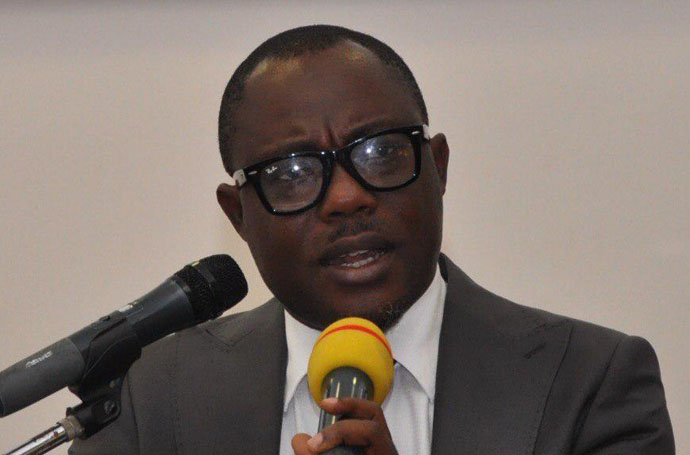
Political parties urged to be development-oriented
The Director of the Centre for European Studies (CES) of the University of Ghana (UG), Professor Ransford Gyampo, has challenged political parties to move away from just being electioneering machines.
Rather, he urged political parties to be developmental in orientation to fulfil the aspirations of the people.
Prof. Gyampo, who is also an associate professor of Political Science at the university, threw the challenge to political parties in a lecture at the 70th Annual New Year School (ANYS) in Accra last Monday.
His lecture was on the topic: “Beyond election machines: Building stronger political parties for democratic consolidation.”
Political parties
Prof. Gyampo, in the lecture, looked at political parties in the country and compared them with political parties in developed countries.
He said in mature democracies, political parties were not merely election machines.
“They also play crucial roles as agents of interest aggregation and articulations...” he said.
Referring to Article 55 (3) of the 1992 Constitution, Prof. Gyampo stressed the fact that the mandate of registered political parties was to shape the will of the people, disseminate information on socio-economic and political ideas, as well as sponsor candidates for political office.
“Performing these tasks requires that political parties function as pragmatic entities...” Prof. Gyampo said.
That, he explained, meant that the parties had to be efficient organisations with an understanding of the governance and socio-economic challenges confronting the country and had the demonstrated capacity for the result-oriented policies that would realise the aspirations of their followers.
He said the workings of a political party should be such that their activities would be in sync with their constituents and such that they would command the needed funds to prosecute their agenda.
He said with public funding, political parties would remain relevant in peak periods of electioneering and off-peak period.
Election machines
Prof. Gyampo was of the view that although there were 25 registered political parties, they essentially operated as election machines, paying no attention at all to the other constitutional requirements placed on them to make them pragmatic and developmental.
He said political parties were most often broke, with no resources to carry out any of their mandates after elections.
“Indeed, available research shows that membership contributions and dues account for only two per cent of funds available to parties, while financiers contribute 35 per cent of party funding only during campaign seasons,” he said.